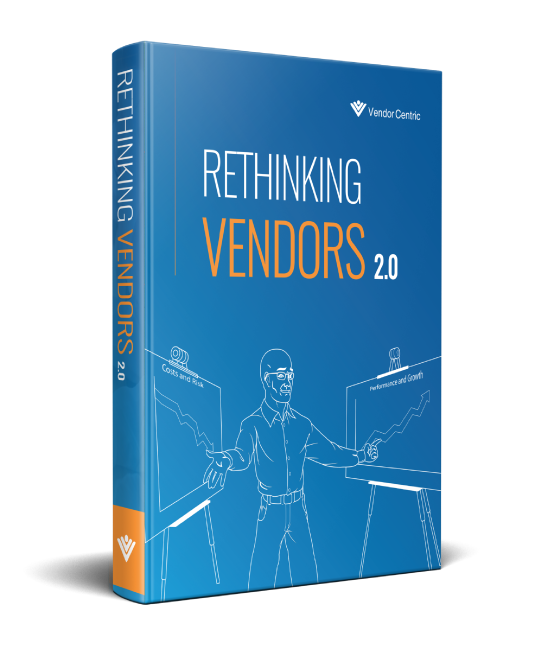Contract Lifecycle Management (CLM) is an essential business process and especially important in working with your vendors and third parties. When considering how to effectively implement and maintain Contract Lifecycle Management, you need to adopt core principles that should be the foundation for your program.
Here are a few principles no program should be without:
- Create a Central Repository for All of Your Contracts
- Ensure Your Contracting Standards and Processes Include an Approval Process
- Implement Technology to Automate Your Contract Lifecyle Management
- Align and Monitor Your Budget and Expenses at the Contract Level
Below are more details on each of these important principles
Create a Central Repository for All of Your Contracts
Whether you operate in a manual or an automated environment, it is absolutely critical that you maintain a central repository for all of your contracts. One of the key lessons from the Covid-19 pandemic is that organizations that have a more ad hoc approach to how they maintain their contracts are significantly disadvantaged when they are required to quickly review one or all of their contracts.
When agreements are stored in desk drawers, individual emails or a combination of locations, it is almost impossible and extremely time consuming to access important contract clauses & dates that are critical to effectively manage your contracts.
Regardless of how you do it you need to have a streamlined process to store and have access to all of your contracts.
Ensure Your Contracting Standards and Processes Include an Approval Process
Given todays challenged and highly competitive economy, speed to market is more critical than ever but so too is risk mitigation. The days of ad hoc, explosive growth are rightly being replaced with a more proactive approach to growth where organizations are aligning policies, resources and processes to optimize the balance between growth and reasonable controls to support risk mitigation.
One of the critical principles to ensure you have in place to support both of these objectives is having a rock solid, yet streamlined approval process in place. By ensuring you have the right stakeholders aligned throughout the procurement and contracting approval processes, you can ensure you can support your business teams with getting the vendors and services they need while simultaneously addressing any risk factors during the contracting process.
This positions your organization to move quickly, yet responsibly to drive growth.
Implement Technology to Automate Your Contract Lifecyle Management
As highlighted in the principle to create a central repository of you vendors, the need to adopt software and implement a Contract Management System (CMS) is probably one of the most strategic principles to prioritize.
Going into 2021, it is simply not practical to maintain a manual contracting environment. As many organizations are making permanent investments in working in a remote environment with their employees are working from home, implementing a CMS can provide core functionality to automate authoring, execution, storage and renewal reminders to ensure you have ready access to every contract.
Not following this approach makes it nearly impossible to maintain your contracted relationships in an effective manner.
Align and Monitor Your Budget and Expenses at the Contract Level
As I have said in previous blogs, budgeting can’t be a “set it and forget it” business activity. Most importantly, aligning your budgeting and expense monitoring processes at the contract level enables you to manage the performance of your contracts to ensure you are not only receiving the contracted deliverables but both internal and external stakeholders are effectively managing the spending committed to in each contract.
Maintaining and having access to this vital data, enables you manage performance and, where needed, take corrective actions to maintain optimal performance and mitigate risks of underperformance with your contracted vendor and third-party relationships.
In Conclusion
To wrap this up, you need to adopt key principles like the above for Contract Lifecycle Management to be effective and successful. As a critical vendor management activity, Contract Lifecycle Management needs to be aligned with your policy and operational business processes.
No matter where you are on your contract lifecycle management journey, here are the contract management services we provide. https://vendorcentric.com/services/contract-management-services/. We are here to help!!























